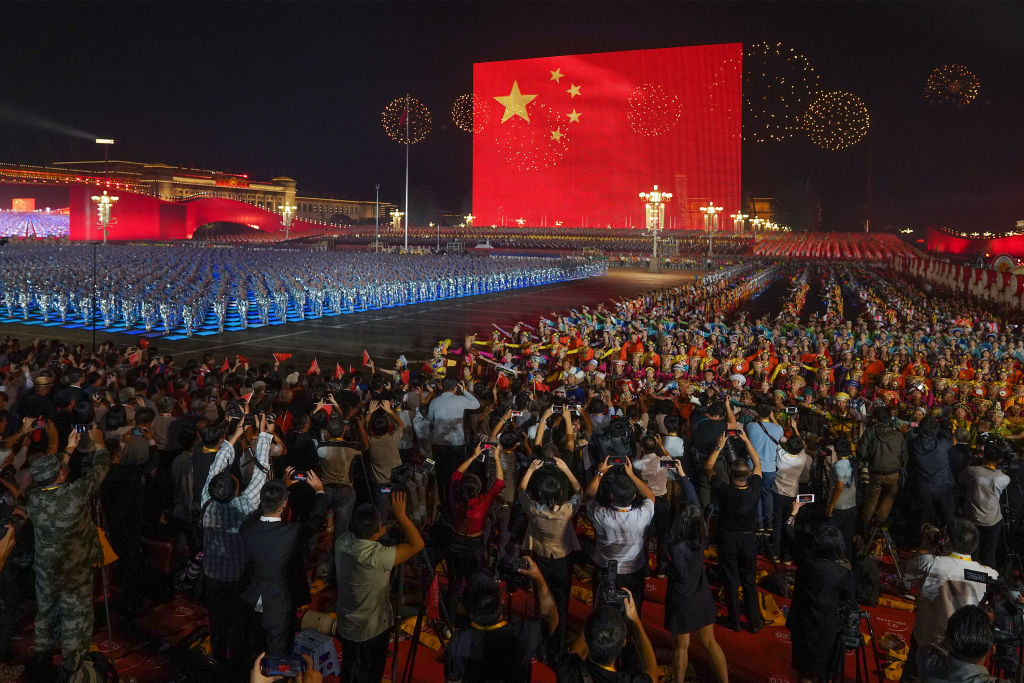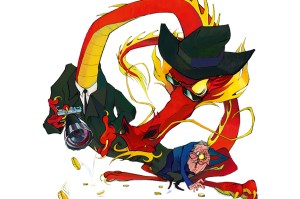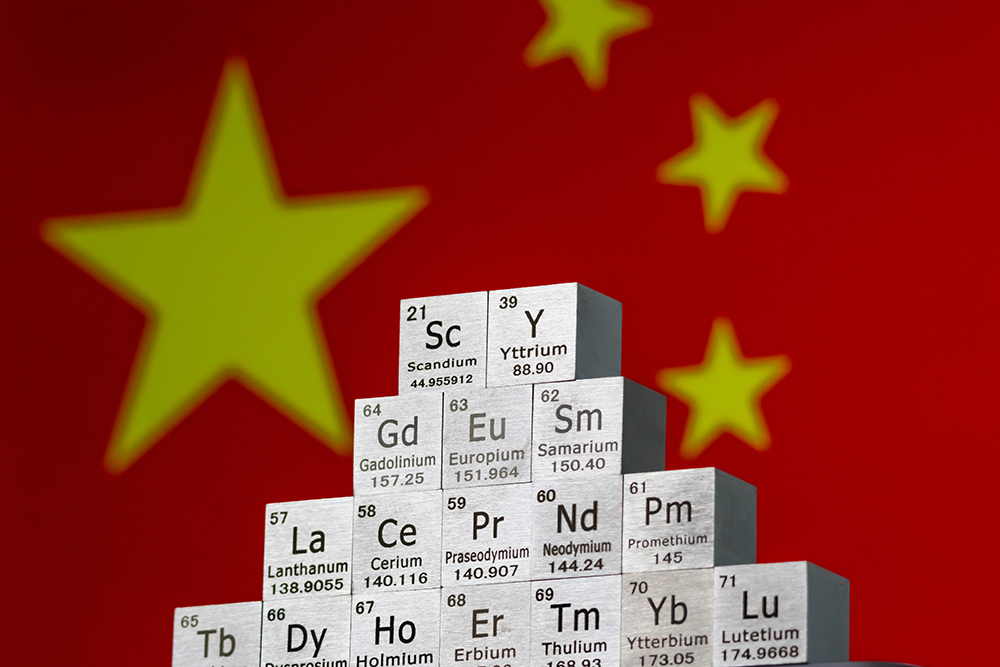‘Are you Chinese?’
It’s a question I’m frequently asked living in New York City and it almost always stumps me. The conflict naturally arises from what my questioner actually means by ‘Chinese’. Ethnically, yes. I’m Han Chinese. But nationality-wise, no.
I’m a daughter of Singapore, born and bred on the South East Asian island which boasts a majority Chinese population, though I now consider the United States my home. You’d have to go back to my great-great-grandparents’ generation to find someone whose feet touched the soil in China from birth. Apart from my facial features, I have no ties to the land known as zhōngguó, the middle country, the center of the world.
I watch with unease as the People’s Republic of China turns 70 amid great fanfare about its growing economic and political heft, the longest-running nation state to ever fly a flag emblazoned with the hammer and sickle, surpassing even the former Soviet Union. Ever since it embarked on its modernization program, China has been subtly cultivating and influencing the Chinese diaspora to its cause.
At an overseas Chinese conference just shortly before President Xi Jinping consolidated power and was reelected at the 19th Party Congress, Xi noted that the realization of the ‘great rejuvenation’ of the Chinese nation ‘requires the joint efforts of the Chinese people at home and abroad’, saying that he hoped that those who have Chinese descent outside of China — up to 60 million ethnic Chinese in more than 180 countries — can work hard for and share in the ‘Chinese dream’.
The word ‘Chinese’ can refer to the citizenry of a country, a race, a language, and even a culture, ambiguities that the Chinese Communist Party (CCP) exploits in order to appeal to the diaspora via the sentimental heartstrings of heritage via ‘flesh and blood’. It exports and reinforces the concept that there is only one politically-correct way of being Chinese: loyalty to the party first and foremost, above all else. In effect, it’s like the ummah, an Arabic term that describes the supra-national global community that unites all Muslims as one. Only this one is based not on religion but on ethnicity, where Tibetans, Uigher Muslims, Chinese dissenters, Hong Kong protesters, are excluded and marginalized like infidels.
Almost nothing embodies the scope of China’s attempts at a global soft power offensive more as the Chinese government-funded Confucius Institutes, where there are 480 branches operating on six continents around the world (watch out, Antarctica!). These institutes ostensibly offer language classes and promote cultural education and diplomacy, but in reality they are de facto fronts for generating good Public Relations and patriotism to the CCP. In 2014, the American Association of University Professors issued a report urging colleges to close the institutes or renegotiate their mutual agreements to guarantee a certain degree of academic freedom and control.
The report asserted that ‘most agreements establishing Confucius Institutes feature nondisclosure clauses and unacceptable concessions to the political aims and practices of the government of China. Specifically, North American universities permit Confucius Institutes (CIs) to advance a state agenda in the recruitment and control of academic staff, in the choice of curriculum, and in the restriction of debate.’ As these centers draw scrutiny from the FBI, the Pentagon and even Congress, many CIs on US campuses have been closing.
The rhetoric between pro-Beijing factions and critics of the Chinese regime has been heating up, especially in light of the current conflict with Hong Kong protesters spilling over at pro-democracy rallies in the United States, Canada, Australia and the United Kingdom. There are roughly 1.5 million Chinese students studying overseas — roughly 300,000 in the United States alone — and increasingly, they are getting caught up in the crossfire of the escalating tensions and heightened scrutiny for ties to Beijing.
It is in this climate of deep mistrust and risk of alienation that the CCP engages in endearing itself to the Chinese diaspora, no matter how far removed, to cultivate ties and perhaps even an obligation to the ‘Motherland’. Even in Singapore where by now, generations of Han Chinese have grown up as Singaporean, China has launched study abroad programs, visits to ancestral villages and even ‘roots-seeking camps’ for Singapore youth.
For those like me who are Chinese but who have spent our entire lives outside of China, it’s important to keep pushing back on the CCP-endorsed narrative of the ‘Chinese ummah’, that we share in the dreams of the People’s Republic and her perpetuation of a techno-utopian authoritarian surveillance state who has yet to reckon with the moral failings of her past and present. It’s up to us to show that our ideas and views transcend ethnic and national boundaries.
Sometimes, the party uses terms like ‘Chinese values’ to appeal to cultural relativism, carving out a rationale for the government to embrace blatant cultural exceptionalism that directly undermines universal aspirations. ‘Chinese’ may be my hardware, but my software is decidedly not Chinese, at least as far as how the CCP defines it. I embrace pluralism, freedom of expression, freedom to fail and not be surveilled, freedom of association, freedom of religion and universal suffrage. And until China has space for differing Chinese identities, then count me out of the Chinese ummah.


























